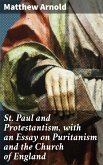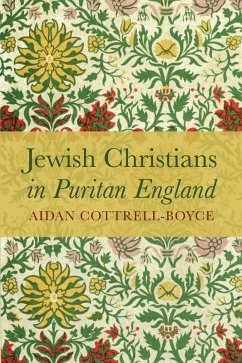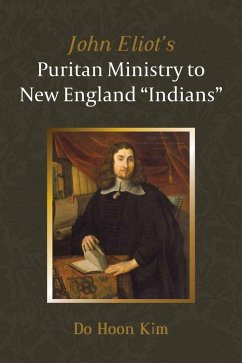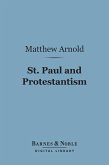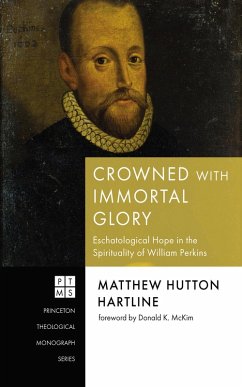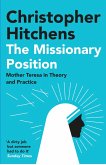In "St. Paul and Protestantism, with an Essay on Puritanism and the Church of England," Matthew Arnold offers a profound examination of the interplay between religious thought and societal values during the 19th century. Through a critical lens, Arnold explores the theological implications of St. Paul's teachings, contrasting them with the tenets of Protestantism and Puritanism. His literary style is marked by eloquent prose and incisive analysis, expertly navigating complex theological concepts while drawing connections to contemporary issues of spirituality and morality. This work sits in the broader context of Arnold's objectives to reconcile faith with the advancing rationalism of his time, making it a pivotal text for understanding the cultural shifts of Victorian England. Matthew Arnold, a prominent Victorian poet and cultural critic, was deeply influenced by his background in education and his role as an inspector of schools. His exposure to various religious traditions and philosophies, along with his discontent with the dogmatism he perceived in contemporary religion, inspired him to critically assess the foundations of faith and its relevance to modern society. Arnold's own struggles with faith and reason permeate this work, reflecting his quest for a more harmonious relation between human experience and spiritual beliefs. This book is essential for readers interested in the intersections of faith, culture, and philosophy. Arnold's insightful critique not only challenges the reader to reconsider established doctrines but also invites contemplation on the role of religion in personal and communal identity amidst rapid societal change. "St. Paul and Protestantism" is a thought-provoking read for scholars and casual readers alike, resonating with those grappling with the relevance of faith in a modern world.
Dieser Download kann aus rechtlichen Gründen nur mit Rechnungsadresse in A, B, BG, CY, CZ, D, DK, EW, E, FIN, F, GR, H, IRL, I, LT, L, LR, M, NL, PL, P, R, S, SLO, SK ausgeliefert werden.



